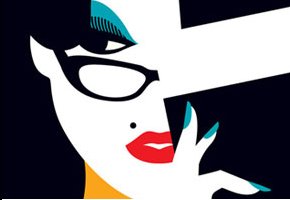 The reason that banned books, even those that are no longer banned, are so interesting to us is that they reflect a friction in the times; a need to talk about an issue that has been lying beneath the surface of public discussion and finds a voice in the stories of literature. It is a need to explore life, even if the exploration leads to unsavory places.
The reason that banned books, even those that are no longer banned, are so interesting to us is that they reflect a friction in the times; a need to talk about an issue that has been lying beneath the surface of public discussion and finds a voice in the stories of literature. It is a need to explore life, even if the exploration leads to unsavory places.
Some authors pay dearly for their works and are forced to go into hiding after publication. Some are hallowed as being brave enough to say the things that eveyone was thinking, or to say something that no one has ever thought to say out loud.
Banned Books week is the last week of September, so in the name of good literature and freedom of speech, read a book that was once banned.
Here are a few well-known ones:
The Satanic Verses by Salman Rushdie
Interesting Fact: The Muslim community issued a fatwa against Rushdie in reaction to the book’s publication, calling for his death in 1989. Although Rushdie himself was never harmed (even after coming out of hiding; being given police protection by the British government) many people that are connected to the book (translators and publishers) have been attacked or killed.
The Mirriam-Webster Dictionary
Interesting Fact: The Mirrian-Webster Dictionary was recently banned from schools in the US because it contained a definition for Oral Sex.
The Catcher in the Rye by JD Salinger
Interesting Fact: Mark David Chapman had a copy of this book on him the day that he shot John Lennon in 1980. Inside his tattered copy of the novel was a scribbled note that read “This is my statement. From Holden Caulfield”
American Psycho by Brett Easton Ellis
Interesting Fact: Although the book is effectively banned in Australia, it can be purchased in certain parts of the country but it must be sold shrink-wrapped.
Interesting Fact: After publishing the novel in Britain in 1960, Penguin Books was taken to trial under the Obscene Publications Act of 1959. The second edition contains a publisher’s dedication which reads “For having published this book, Penguin Books were prosecuted under the Obscene Publications Act, 1959 at the Old Bailey in London from 20 October to 2 November 1960. This edition is therefore dedicated to the twelve jurors, three women and nine men, who returned a verdict of ‘Not Guilty’ and thus made D. H. Lawrence’s last novel available for the first time to the public in the United Kingdom.”
Slaughterhouse 5 by Kurt Vonnegut
Interesting Fact: In reaction to the recent re-banning of the book from high schools in Missouri, the Vonnegut Memorial Library sent a free copy of the novel to the first 150 high school students who emailed their details through to them.
Brave New World by Aldous Huxley and Nineteen Eight Four by George Orwell
Interesting Fact: Both these books were banned for portraying dystopian future governments. Neil Postman explains the different approaches: “What Orwell feared were those who would ban books. What Huxley feared was that there would be no reason to ban a book, for there would be no one who wanted to read one.”








